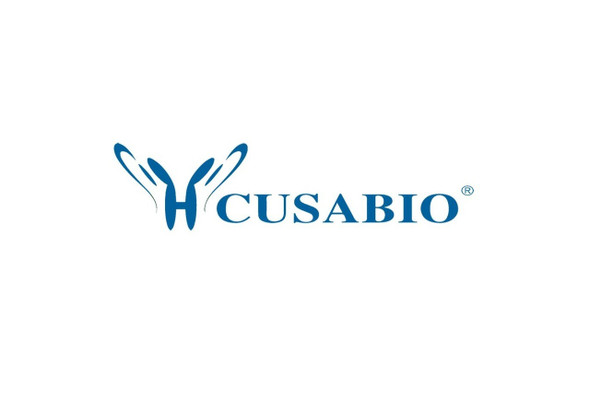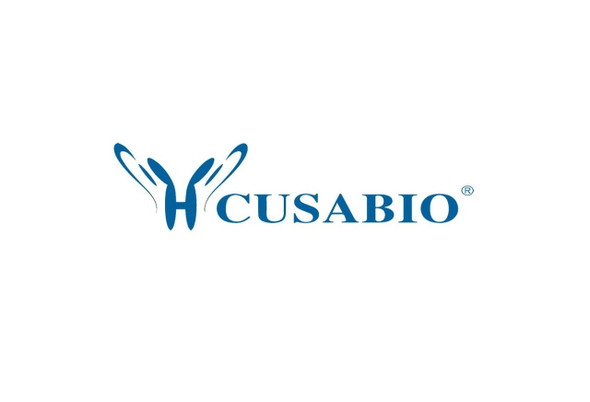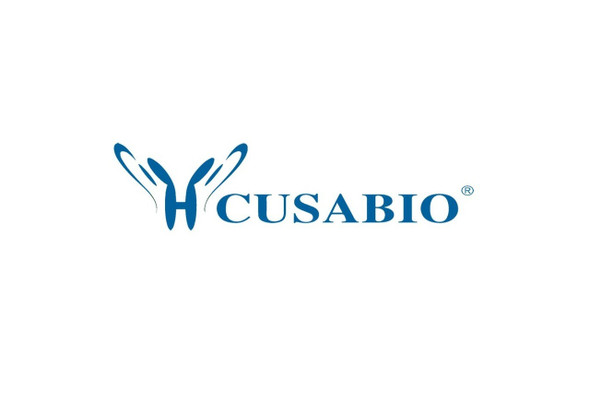Cusabio Polyclonal Antibodies
MIOS Antibody | CSB-PA865167LA01HU
- SKU:
- CSB-PA865167LA01HU
- Availability:
- 3 to 7 Working Days
Description
MIOS Antibody | CSB-PA865167LA01HU | Cusabio
MIOS Antibody is Available at Gentaur Genprice with the fastest delivery.
Online Order Payment is possible or send quotation to info@gentaur.com.
Product Type: Polyclonal Antibody
Target Names: MIOS
Aliases: GATOR complex protein MIOS (Missing oocyte meiosis regulator homolog), MIOS
Background: As a component of the GATOR subcomplex GATOR2, functions within the amino acid-sensing branch of the TORC1 signaling pathway. Indirectly activates mTORC1 and the TORC1 signaling pathway through the inhibition of the GATOR1 subcomplex (PubMed:23723238) . It is negatively regulated by the upstream amino acid sensors SESN2 and CASTOR1 (PubMed:25457612, PubMed:27487210) .
Isotype: IgG
Conjugate: Non-conjugated
Clonality: Polyclonal
Uniport ID: Q9NXC5
Host Species: Rabbit
Species Reactivity: Human
Immunogen: Recombinant Human GATOR complex protein MIOS protein (1-237AA)
Immunogen Species: Homo sapiens (Human)
Applications: ELISA, IHC
Tested Applications: ELISA, IHC; Recommended dilution: IHC:1:20-1:200
Purification Method: Antigen Affinity Purified
Dilution Ratio1: ELISA:1:2000-1:10000
Dilution Ratio2: IHC:1:20-1:200
Dilution Ratio3:
Dilution Ratio4:
Dilution Ratio5:
Dilution Ratio6:
Buffer: Preservative: 0.03% Proclin 300
Constituents: 50% Glycerol, 0.01M PBS, pH 7.4
Form: Liquid
Storage: Upon receipt, store at -20°C or -80°C. Avoid repeated freeze.
Initial Research Areas: Cell Biology
Research Areas: Cell Biology









